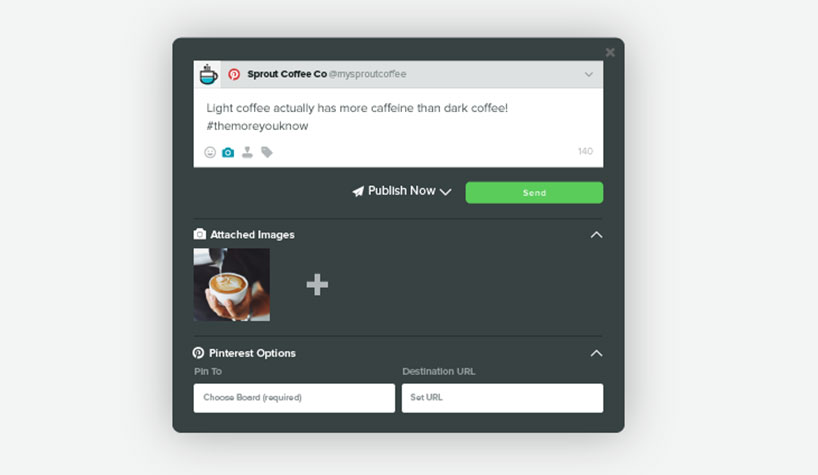CHICAGO—Social media has become a vital part of how people communicate and a key part of how hotel companies can extend the brand’s reach—from boutique to major chain hotels. Pinterest, in particular, remains a dominant social media platform, especially for hospitality brands. Why? Simply put: It’s good for business.
“Everyone is on in,” said Rachael Samuels, social media manager at Sprout Social. “There are 200 million people globally using Pinterest every month, which makes it a great social platform for business owners. Five percent of referral traffic comes from Pinterest. Marketers and business owners in hospitality can use it to strengthen their social media strategy as it’s an engaging platform.”
Pinterest is also highly visual; enabling hoteliers to curate and showcase various types of travel experiences they can offer to consumers. Additional exposure for the brands can come in the form of “repins,” which occurs when a person discovers something they like and repins it to their board, enabling other people to see it on their home feed on the platform.
Hoteliers can take advantage of the platform by becoming co-creators with travelers or social media influencers via Pinterest, building a wider reach for the brand’s offerings.
“It’s how you make connections through repining,” said Samuels. “It’s a two-way dialogue—the brand and consumer are connecting more than they have before. It gives more freedom to co-curate. Hotels can curate content to specific audiences and how their brand is being placed in different contexts. It can tell you about what consumers are doing with your content and they’re strong stakeholders in the evolution of brand identity and what it looks like long-term.”
Sprout Social is working with hotel brands to exploit Pinterest for maximum benefit. “We do that through Pinterest integration,” she said. “One of the first things you can do is create and publish content on Pinterest and manage it on a unified platform alongside other social media channels such as Facebook, Google Plus, LinkedIn and Pinterest—all at one time. Sprout facilitates team collaboration within a content calendar. We also provide powerful analytics and now Pinterest is a part of that. We can tell you what the top performing pins are and leverage it to get the most of your visual strategy.”
For hotel companies deciding whether or not to put time—and money—into marketing efforts on social media platforms, there are various ways to determine a return on investment.
“ROI is such a hot topic,” she said. “At Sprout Social, we believe that the ROI of social isn’t just in the form of dollar signs, it’s the various stages—awareness, consideration and engagement—of interaction with the posts. We offer access to reports, ranging from unique engagement to general performance, allowing a deep dive into the data. Clients can go high-level or granular on how audiences are interacting with content, performance and where it’s coming from and with whom.”
Sprout Social also offers a variety of paid tools to provide another view of a holistic social media strategy. “We help clients to understand the data,” she said. “The reports are elegant and visually accessible. The design team takes great care so it’s easier to digest.”
For hoteliers seeking to maximize their social media efforts, Samuels offer these recommendations:
Customer service: “They should be—and I hope they already are—paying attention to customer care,” she said. “Social media makes it easier to have a two-way dialogue and provide top-notch service. Being responsive and meeting customers where they are in their own environment is key. Sprout Social’s inbox makes it easy, so clients don’t miss critical moments and can handle reputation management, if anything negative comes about.”
Create content to be shared: “User generated content really taps into that with how Pinterest can make a consumer take brand-generated content over to them,” she said. “You can see what others are saying about the experience within the context they’re talking about it. It helps to build awareness and nowhere is that more important than in the hotel industry.”
Lend a listening ear: “It’s not just about analytics,” Samuels said. “Hotels are comprised of many aspects, there is the food, spa, fitness, the outdoor pool and maybe even a nightclub… listening into social and using listening tools to curate better content is paramount. If you realize that the people staying at your hotel are local, maybe dig deeper into a hashtag like #staycation and listen to the conversation. You can dig into the experiences that seem to be aspirational for the consumer and deliver it.”
